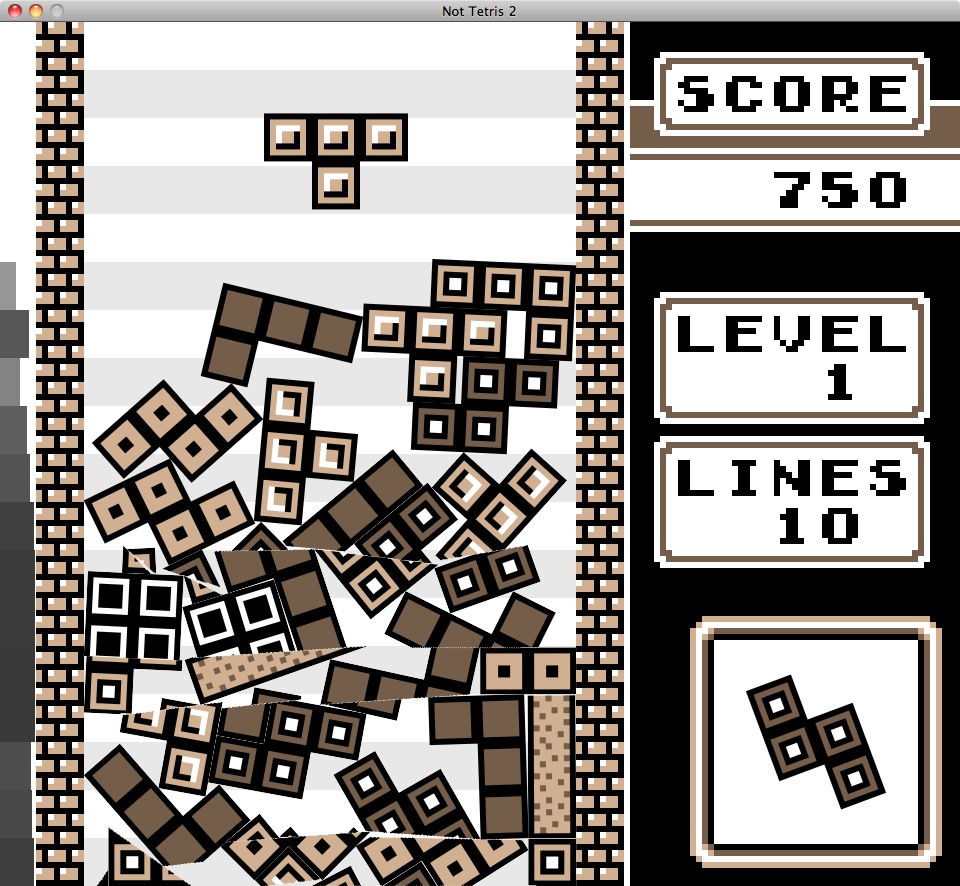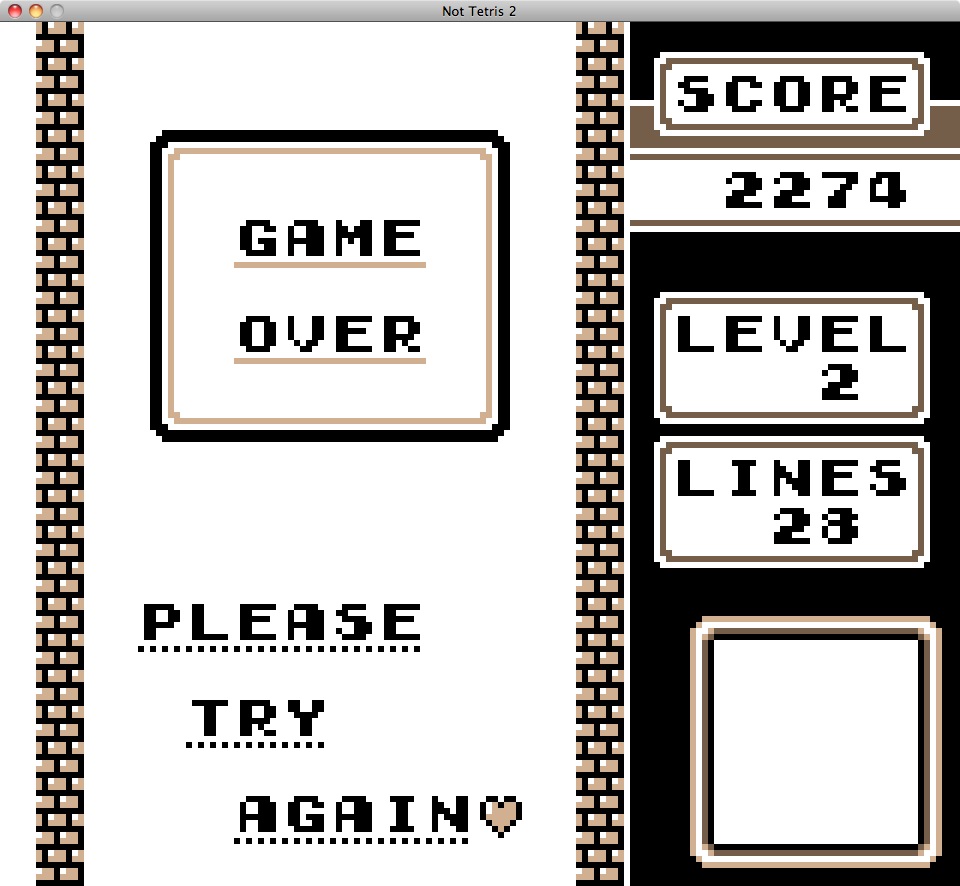Preparing Steamed Apples
| June 20th, 2016 2:07 PM by Ken Gagne | Filed under Game trail, Happenings; Comments Off on Preparing Steamed Apples |
KansasFest 2016 is less than a month away, which means I have some preparation to do. Besides being the biggest one-day sales event for Juiced.GS, it’s also an opportunity to learn from some of the best and brightest minds and innovators in the Apple II community. I like to fool myself into believing I belong among such an echelon by submitting a session: it gives me something to do, look forward to, and contribute throughout the week of KansasFest. But what to present?
 This year I took Andy Molloy’s advice and settled on a follow-up to sessions I gave in 2009 and 2010: Classic gaming inspirations and classic gaming inspirations, part deux. For old-school gamers, I demonstrated some modern games that are spiritually inspired by our favorite Apple II classics. It’s been six years, during which time Steam and Kickstarter have hid their stride, resulting in an abundance of low-budget, high-quality indie games — just like we used to have in the day. So for this year’s session, I’m limiting my selections exclusively to Steam:
This year I took Andy Molloy’s advice and settled on a follow-up to sessions I gave in 2009 and 2010: Classic gaming inspirations and classic gaming inspirations, part deux. For old-school gamers, I demonstrated some modern games that are spiritually inspired by our favorite Apple II classics. It’s been six years, during which time Steam and Kickstarter have hid their stride, resulting in an abundance of low-budget, high-quality indie games — just like we used to have in the day. So for this year’s session, I’m limiting my selections exclusively to Steam:
Steam is the largest online marketplace for PC, Mac, and Linux games, making it easy for independent game developers to distribute their software. But indie game developers often lack the resources of major game studios. What they lack in funding, they make up for in creativity, turning to classic games and genres for inspiration. We’ll look at many Steam titles where the Apple II influence is strong, suggesting modern games that will appeal to classic gamers.
I’m looking forward to plumbing the roster of games I’ve featured on the IndieSider podcast and possibly discovering some new ones in the course of my research. Any assistance you can provide would be most welcome! What classic games did you enjoy that you’d like to see modern counterparts to — or what modern games have you played that reminded you of classic games?








